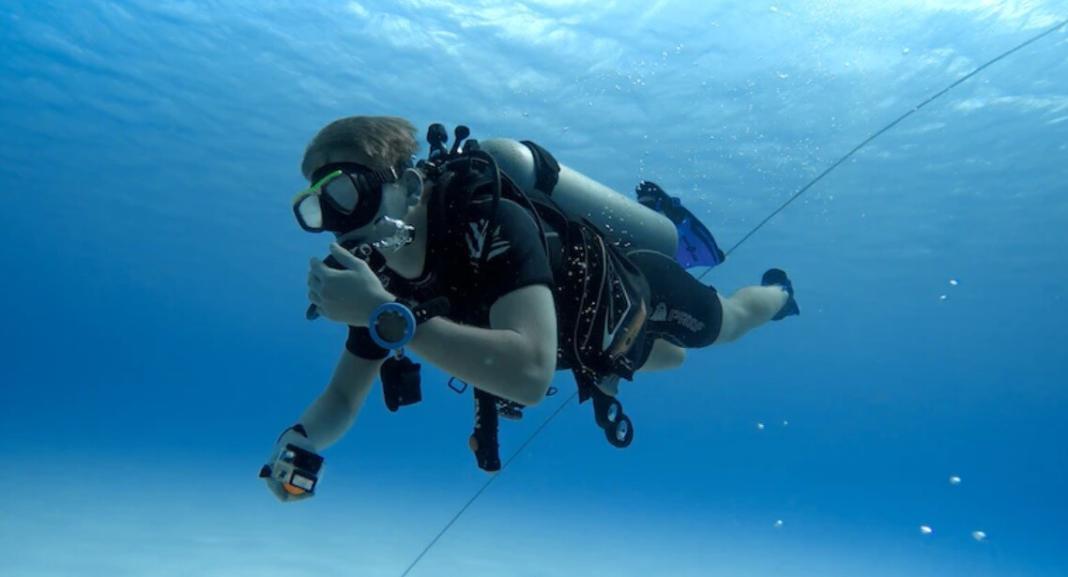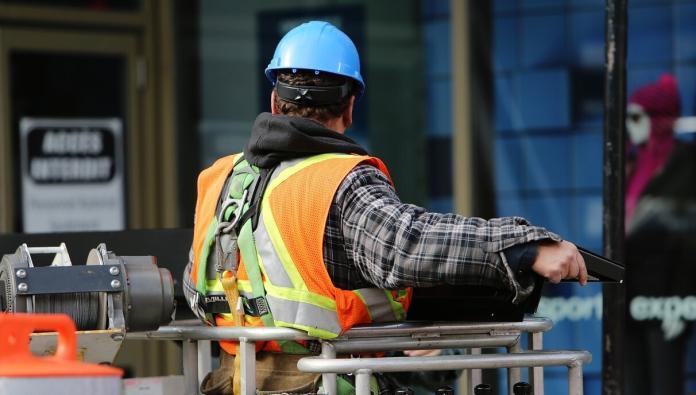Scuba diving, an aquatic pursuit involving exploration beneath the water’s surface, has garnered significant global popularity as a recreational activity. Enthusiasts are drawn to the captivating marine world, where they can intimately observe the marvels of aquatic life. Amid the allure of excitement and adventure, the fundamental aspect of scuba diving—diver safety—demands the utmost attention. The responsibility to ensure the well-being of divers should not be underestimated, as it is a crucial factor influencing the success and enjoyment of any scuba diving expedition. This article will thoroughly examine the various facets of diver safety in scuba diving, accentuating its pivotal role in preserving lives and fostering unforgettable underwater experiences.
The Role of Training and Certification
Within the scuba diving community, professional scuba training organizations hold a pivotal position, imparting essential skills and knowledge to aspiring divers, ensuring their safe navigation through the underwater realm. Thorough training encompasses crucial aspects such as mastering essential techniques, adeptly utilizing diving equipment, comprehending emergency procedures, and learning rescue protocols. Certification serves as a testament to a diver’s proficiency, demonstrating their preparedness to handle diverse situations that may emerge during dives. Consequently, this training and certification process cultivates a sense of self-assurance and competence among divers, elevating diver safety and fostering a more rewarding and fulfilling diving experience.
Essential Diving Equipment and Maintenance
Dive masks and snorkels are essential in facilitating smooth breathing and providing unobstructed visibility underwater. Buoyancy control devices (BCDs) enable divers to maintain precise control of their position in the water, ensuring stability and comfort during the dive. Regulators and alternate air sources are responsible for carefully regulating the air supply, guaranteeing a steady and reliable flow of breathing gas. Meanwhile, dive computers and gauges monitor critical parameters such as depth, time, and air consumption, assisting divers in managing their dive profiles effectively. Additionally, properly fitted wetsuits and dry suits offer vital thermal protection, catering to varying water temperatures and ensuring the diver’s comfort throughout the dive.
Pre-Dive Safety Checks and Procedures
Embarking on a scuba diving adventure involves more than just donning a wetsuit and descending into the depths. Prior to even dipping a fin into the water, divers engage in a comprehensive array of pre-dive safety checks and protocols that collectively establish a robust foundation for a secure and enjoyable underwater experience. These meticulous preparations not only contribute to personal safety but also promote responsible diving practices and foster a deeper appreciation for the underwater realm. One of the primary pre-dive safety measures is the undertaking of a thorough safety briefing. This briefing encompasses a range of essential topics, from dive site conditions and entry and exit procedures to communication signals and emergency protocols. By ensuring that all divers are well-informed and aware of the specific nuances of the dive, potential uncertainties and hazards are minimized, laying the groundwork for a smoother and safer underwater journey.
Monitoring and Managing Air Supply
Effective air management entails adopting a deliberate and steady breathing rhythm, refraining from unnecessary physical exertion, and maintaining a calm and composed demeanor throughout the dive. By developing an acute awareness of their air consumption rate, divers can effectively plan their dives and guarantee they resurface with an adequate air reserve. In the unlikely event of an out-of-air situation, divers should possess comprehensive training in emergency ascent procedures and the ability to rely on their dive buddy for assistance, thus enabling them to respond to such critical circumstances calmly and efficiently. In light of potential adversities, unforeseen incidents can occur underwater, affecting both divers and their equipment. To enhance preparedness, divers must undergo suitable training and acquire essential skills. Individuals have the option to choose from a variety of online and in-person classes, similar to what the classes in DEMA New Orleans provide. A specialized training course is necessary that focuses on oxygen tank leakage checks, aiming to equip divers with the essential skills to handle such situations effectively. Enrolling in such training is highly advised, as it significantly contributes to divers’ safety and overall competence in managing critical situations.
Beyond general safety training, a deeper understanding of specific emergency scenarios is essential for comprehensive preparedness. This encompasses not only recognizing the signs of conditions like decompression sickness or respiratory distress but also having established protocols for immediate medical intervention. Equipping dive teams with specialized first aid and rescue equipment is paramount, particularly in environments like commercial diving operations where the stakes are often higher. Effective training in the deployment of these tools, coupled with well-rehearsed emergency action plans, is fundamental for proficiently handling diving emergencies and safeguarding divers’ well-being. Such proactive measures are critical for mitigating risks and ensuring optimal response during critical underwater incidents.
Avoiding Decompression Sickness and Nitrogen Narcosis
Decompression sickness (DCS) and nitrogen narcosis represent potentially hazardous conditions that may manifest during scuba diving activities. DCS arises when nitrogen, accumulated in the body tissues during the dive, is released too rapidly during the ascent, resulting in the formation of bubbles that can induce a spectrum of symptoms ranging from mild to severe. To effectively mitigate the risk of DCS, divers must adhere to prudent diving practices, including observing prescribed depth limits and utilizing dive tables or dive computers to monitor bottom times. Similarly, nitrogen narcosis emerges at considerable depths and can impede cognitive function and motor skills. Therefore, it is imperative to judiciously manage dive depths and remain cognizant of the potential impact of nitrogen narcosis to ensure the safety and well-being of divers.
Conclusion
In the realm of scuba diving, the significance of diver safety cannot be overstated. Beneath the glistening waves lies an enchanting world of vibrant marine life, mysterious wrecks, and captivating underwater landscapes. Yet, this alluring realm also carries inherent risks that demand careful consideration and proactive measures. To fully embrace the wonders of the underwater world, divers must prioritize safety above all else.
In conclusion, the pursuit of diver safety isn’t merely a precaution—it’s a commitment to responsible exploration and a testament to the respect we owe to the marine environment. Armed with knowledge, skills, and a reverence for the underwater world, divers can embark on their journeys with a sense of confidence, knowing that they are equipped to handle the challenges that may arise. Diver safety isn’t just a checklist; it’s a philosophy that underscores the intertwining of appreciation and responsibility, ensuring that the breathtaking experiences beneath the surface can be enjoyed without compromise.







